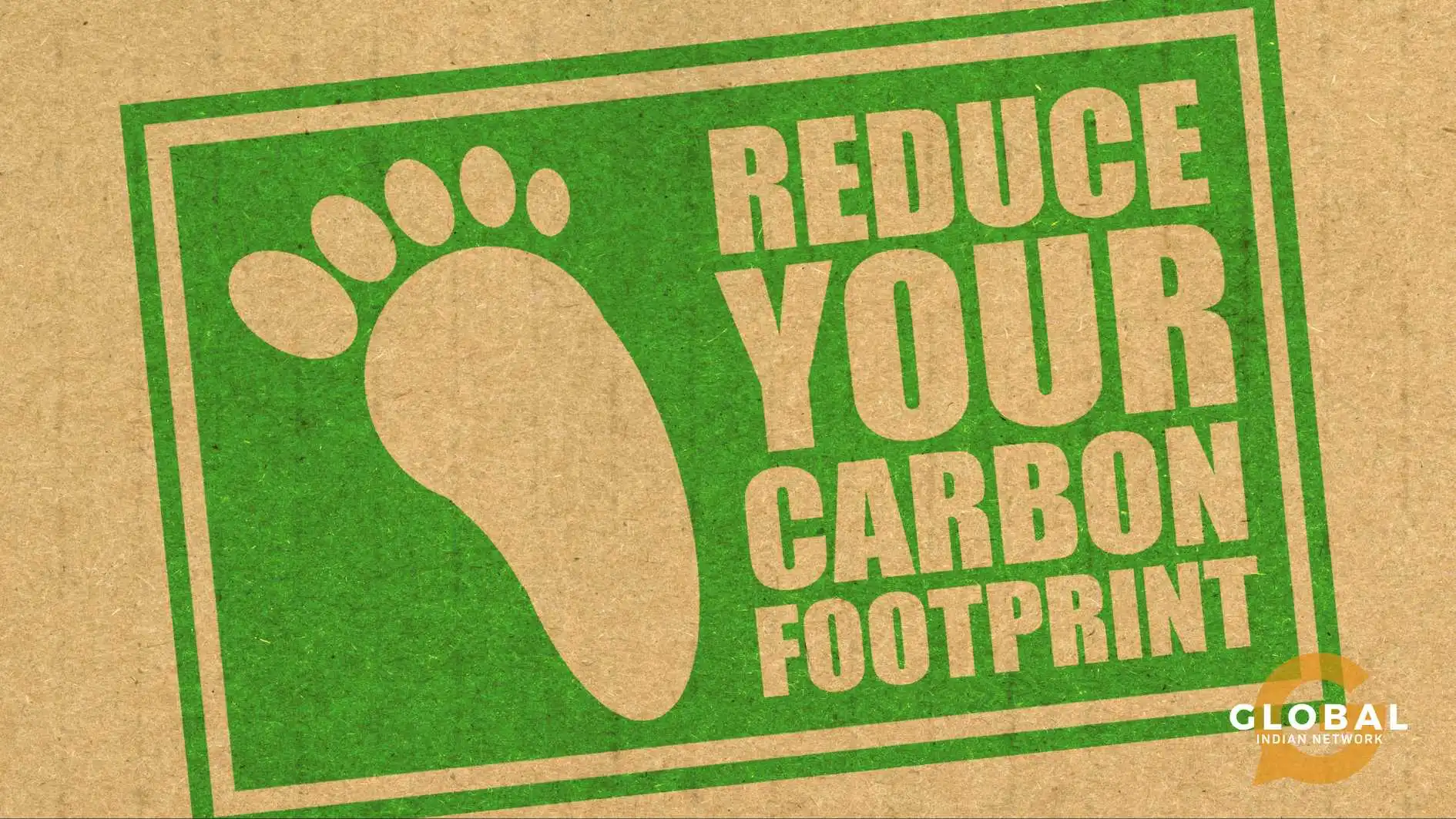A sustainable lifestyle can immensely reduce ecological footprint, lowering our impact on the planet’s finite resources. The ecological footprint calculates and measures the amount of land and water area required by the human population to produce the resources it consumes and to dispose of the waste produced by it. In recent times, humanity’s collective footprint has exceeded Earth’s biocapacity, which is known as “overshoot”.
This article finds and explores practical ways in which an individual can reduce their ecological footprint through sustainable food choices, mindful consumption, and energy efficiency. We can make a huge difference by making small, intentional changes. We can work towards a more sustainable future for both humans and the planet.
Table of Contents
Reduce Ecological Footprint By Mindful Consumption
We all know about the “3 Rs” of waste management, which are reduce, reuse, and recycle. They serve as a great starting point, which can lead to the expansion of this thought. Mindfully consuming, buying less, and making more intentional choices are a few things we should always keep in mind if we want a more balanced planet. First is to reduce consumption at the source.
Before buying something new, we should question ourselves: do we truly need it? Do we not have options to rent it or thrift it? The fast fashion industry massively impacts the ecological footprint due to the use of various forms of energy, chemicals, and water. Choosing quality, durability, or thrifting at stores can effectively reduce our personal impact on the ecological footprint.
Reusing items instead of throwing them away is very effective in stopping the overconsumption of things. Various jars from different products can be used for storing, old t-shirts or any kind of clothing can become cleaning rags, and furniture can be upcycled. Reusing different products increases productivity, and their journey to the landfill is delayed, which also delays the time for new production. Recycling responsibly, setting rules that ensure the correct sorting of paper, plastic, glass, and metal.
Even though recycling is important, it’s the last resort. The more effective way to reduce waste is to stop creating waste in the first place. Supporting businesses that promote sustainability and eco-friendly packaging takes us a long way and is a further step toward achieving a sustainable environment.

Adopting Sustainable Habits
Our day-to-day life, from how we travel to how we power our homes, plays a significant role in our ecological footprint. The transport that we use contributes to greenhouse gas emissions. If possible, we should find alternatives to driving. Walking or cycling for short distances is very eco-friendly but also great for one’s well-being. For longer distances, we should choose buses or trains, which are more energy efficient than cars. If using a car is a must for you, you should consider carpooling or switching to electric vehicles. Regular car maintenance is a must, like keeping tires properly inflated, which increases fuel efficiency.
In our homes, we should focus on energy conservation, such as switching to energy-efficient appliances and LED lighting, which consume less energy than older appliances. Unplugging electronics when not in use. Turning off their lights when leaving the room and installing a thermostat to optimise heating and cooling. Water consumption is also needed, taking shorter showers, fixing leakages, etc, are simple but efficient ways to save water, which is a very valuable resource.
Reduce Ecological Footprint Through Mindful Eating
The food we consume has a huge impact on our planet. The production, processing, and transportation of food contribute to greenhouse gas emissions and land use. The reduction in consumption of meat and dairy, especially red meat, is necessary because it requires a vast amount of land and water and produces methane, a potent greenhouse gas. Adapting to a more plant-based diet, even just a few days a week, can reduce your ecological footprint.
Prioritising locally sourced and seasonal foods for consumption reduces “food miles” and associated emissions from long-distance transportation. Shopping at a local farmers‘ market strengthens their community, and you get fresh, in-season produce. Food waste can be minimised by planning your meals, using leftovers creatively, and composting organic waste. Composting enriches soil and prevents it from ending up in a landfill, where it decomposes and releases methane. Having these small changes in our diet and how we handle food can make a huge difference for our environment.
Conclusion
The quest to reduce ecological footprint is not a journey but a destination, which requires conscious decision-making and informed choices that contribute to a more sustainable world. Embracing mindful consumption, adopting eco-friendly habits, and making sustainable food choices will really change our environment and reduce our ecological footprint. The cumulative effect of individuals can shift our society from overconsuming things and lead them to respect our planet and its resources. It’s time for us to act now and immediately by making a difference, one conscious choice at a time.

FAQs
How can we reduce the ecological footprint?
To reduce your ecological footprint, focus on reducing waste, conserving resources, and making sustainable choices in your daily life.
What is a reduced footprint?
“Reducing a footprint” generally means decreasing the impact an individual, organisation, or activity has on the environment.
How to improve the eco footprint?
Reducing waste and increasing the rate of recycling and composting can significantly reduce one’s carbon footprint.









